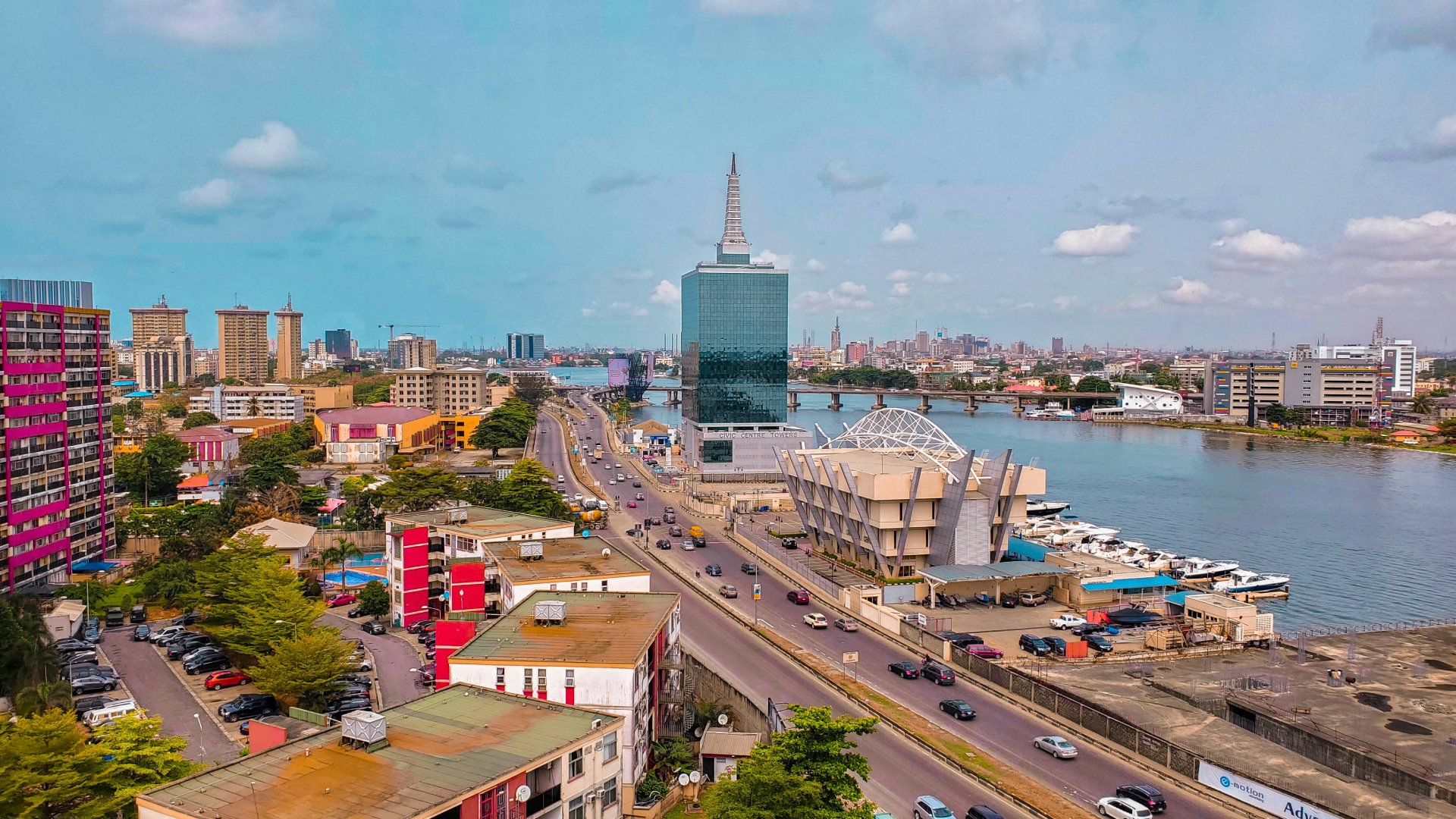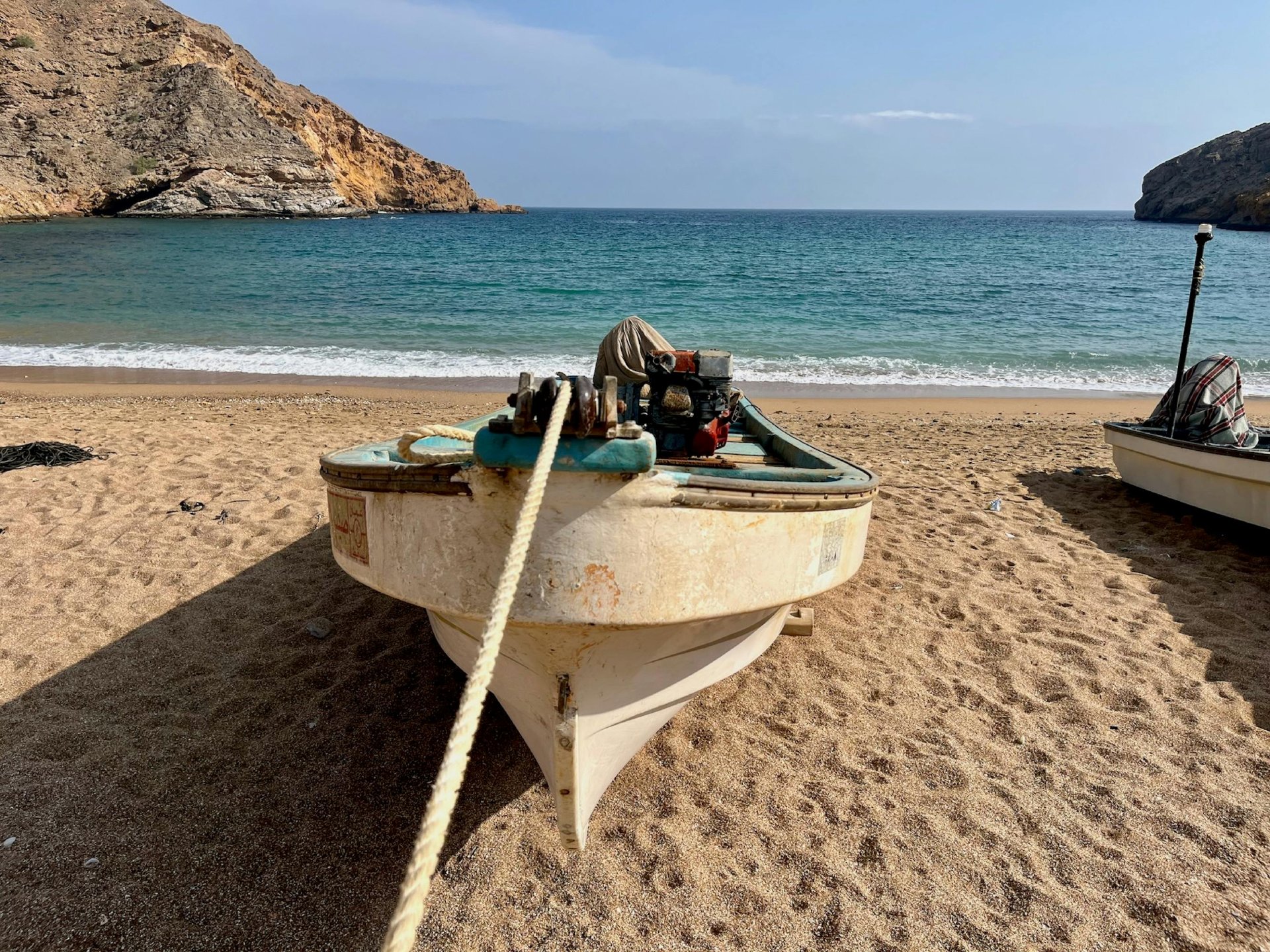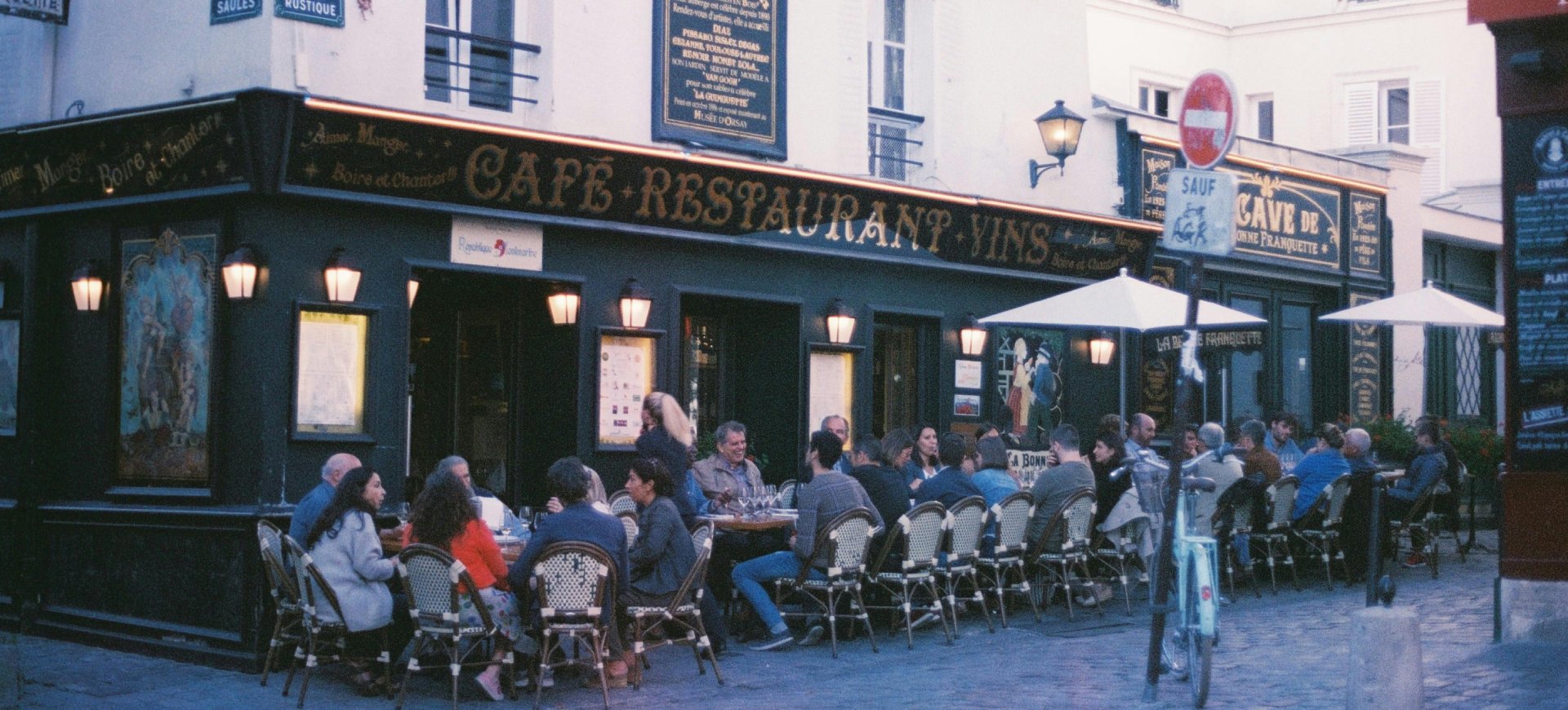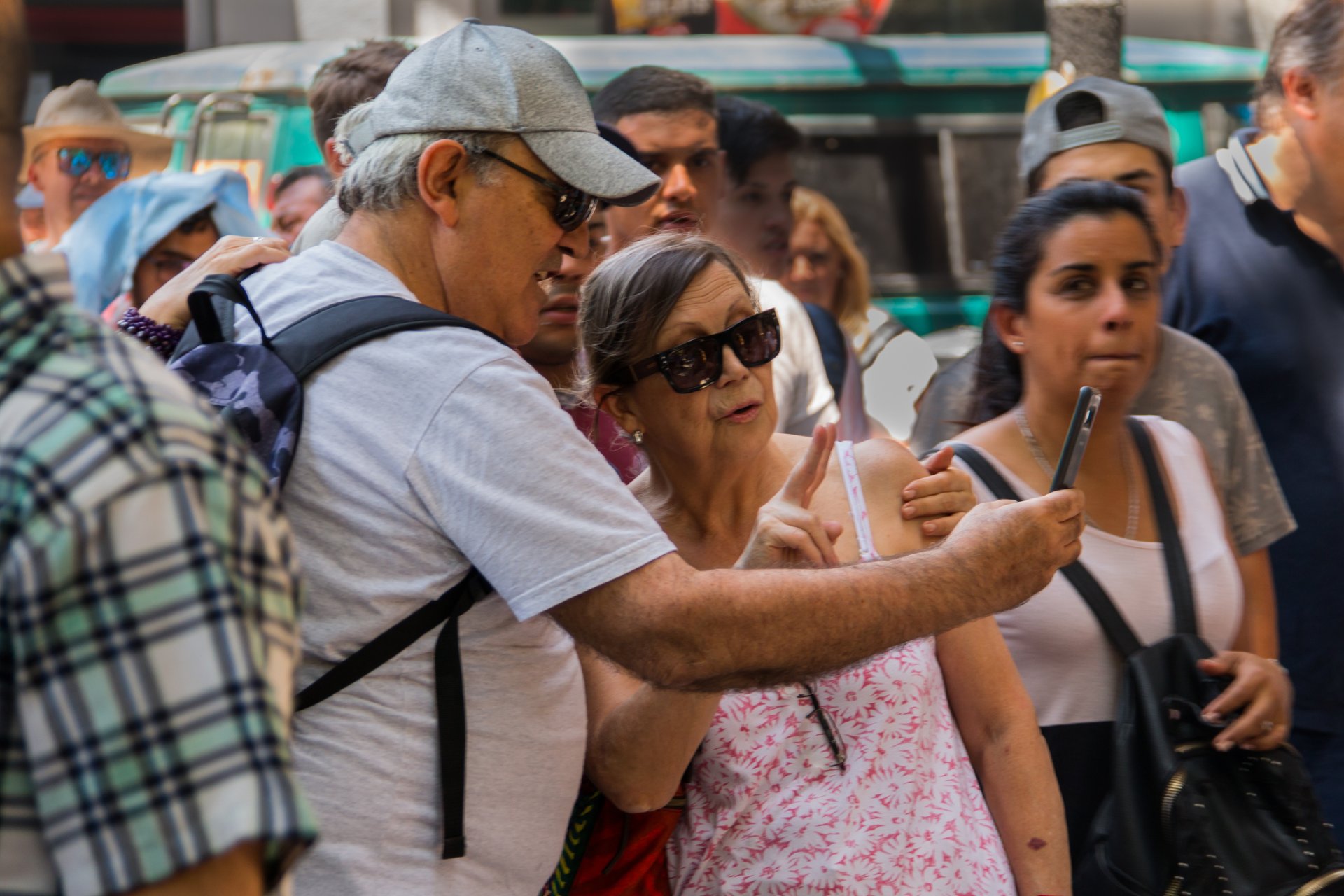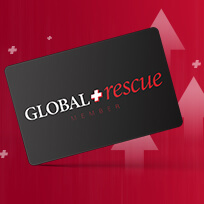Article Highlights:
- Business travel is rebounding: Business travel is recovering strongly post-pandemic, with cities like Lagos in Nigeria emerging as key destinations.
- Cultural awareness is crucial: Understanding Nigerian business customs, such as the importance of relationship-building and indirect communication, is essential for successful business trips.
- Health precautions matter: Travelers to Nigeria should be cautious about food, water, and hygiene to avoid gastrointestinal issues like traveler’s diarrhea.
Business travel is rebounding stronger than ever since the pandemic. In the United States alone, approximately 1.3 million business trips occur daily, with the average business worker making nearly seven trips annually.
According to a business travel report, prominent global financial hubs including London, Paris, Berlin, Toronto, Dubai, Sydney, Shanghai and Tokyo continue to be favored business destinations. As the global economy evolves, new cities begin taking center stage.
A study by the World Travel and Tourism Council of 82 major corporate travel destinations predicts that by 2032, cities in the Middle East and Africa will lead the pack for international business travel, with Lagos, Nigeria, making it into the top ten.
According to a Global Rescue survey, there’s a blend of optimism and caution among individuals regarding their work-related travel plans with most (82%) anticipating the same or more travel for work for the year. “It’s a promising indicator for the business travel industry, and one reason why travel growth continues,” said Dan Richards, CEO of The Global Rescue Companies. “In-person meetings are more effective at establishing and maintaining relationships.”
Essential Nigerian Business Customs
When traveling to Lagos for business, it’s crucial to understand local customs and etiquette to build strong relationships and ensure smooth interactions.
- Greetings: A firm handshake is common when greeting. It may be accompanied by a slight nod or smile. In more formal settings, you may see a handshake followed by a touch of the heart.
- Exchange of Cards: When exchanging business cards, use both hands to present your card and take the other person’s card with respect. Take a moment to look at the card before putting it away.
- Titles: Use professional titles (like Mr., Mrs., Dr.) and surnames unless invited to use first names.
- Business Attire: Dress conservatively and professionally. For men, suits are standard and for women business suits or dresses are appropriate. Wearing traditional Nigerian clothing during meetings can be seen as a sign of respect.
- Punctuality: While punctuality is appreciated in business settings, be prepared for a more flexible approach to time. Meetings may start later than scheduled, but it’s still good practice to be on time.
- Indirect Communication: Nigerians may use indirect communication styles, so pay attention to non-verbal cues and context.
- Elders, Authority and Hierarchy: Show respect for elders and those in authority. This can be reflected in how you address people and the level of deference shown in conversations.
- Dining Invitations: If invited to a meal, it’s polite to accept. Meals are an important part of Nigerian culture. Eating with your hands is customary in some cultures within Nigeria, especially with traditional dishes. If unsure, however, it’s acceptable to use utensils. Always wait for the host to begin eating before you start.
- Gifts: If invited to a private home, bringing a small gift (like sweets or fruit) is an acceptable and generally expected gesture. Avoid giving gifts wrapped in black or white, as these colors are associated with mourning.
By keeping these customs and etiquette tips in mind, North American business travelers can foster positive relationships and navigate the business environment in Lagos, Nigeria, more effectively. Overlooking these customs can lead to avoidable challenges.
Gaffes, Goofs and Blunders
- Overlooking Relationship Building: Western business approaches often focus on transactions and efficiency, while in Nigeria, building personal relationships is crucial. Neglecting to invest time in getting to know Nigerian counterparts can hinder business negotiations. Engage in small talk, show genuine interest in personal connections, and prioritize building trust to establish successful partnerships.
- Assuming English Is Universally Understood: While English is the official language in Nigeria, not everyone speaks it fluently. Some people may have varying levels of comprehension, especially with business jargon. Assuming communication will always be clear can lead to misunderstandings. Speak clearly and avoid idiomatic expressions and be open to confirming understanding throughout discussions.
- Extended Greetings: In Nigeria, greetings can be lengthy and elaborate. It’s common for hosts to inquire about one’s family and well-being before diving into business discussions. This emphasis on personal connection may feel unusual for Westerners, who might expect to get straight to business.
- Informal Meeting Settings: Meetings may take place in casual settings, such as cafes or homes, rather than formal office environments. This can create a more relaxed atmosphere but may feel unprofessional to those used to structured boardroom meetings. Expect a blend of business and social interaction.
- Traditional African Hospitality: Nigerians are known for their hospitality, and it’s common for hosts to offer food and drinks during meetings or visits. Refusing such offerings can be seen as impolite. Westerners might find this emphasis on hospitality and communal dining unusual, but accepting these gestures can strengthen relationships.
- Direct Communication: While some Western cultures favor direct communication, Nigerians may use indirect language to convey messages, especially for negative feedback or refusal. This can lead to misunderstandings, so Westerners should read between the lines and pay attention to non-verbal cues.
When Westerners visit Nigeria on a business trip, they may encounter several cultural norms and practices that differ from what they’re accustomed to in their home countries.
Stereotypes Westerners Have About Nigerians
Many Westerners stereotype Nigerian businesspeople as being involved in scams or corrupt practices, largely influenced by high-profile cases of fraud – like the “Nigerian prince” scams – which can lead to mistrust and a reluctance to engage in business dealings.
Some Westerners perceive Nigerian business practices as unprofessional, assuming that meetings will be disorganized, or time management will be poor. This stereotype can stem from cultural differences in business conduct and communication. Westerners may view Nigerian businesspeople as overly casual or informal in their approach to business, leading to misconceptions about their seriousness and commitment to professional standards.
Stereotypes Nigerians Have About Westerners
Nigerian businesspeople often perceive Western businesspeople as cold, formal and lacking warmth in personal interactions. Nigerians may view Western businesspeople as prioritizing transactional relationships over personal connections, believing that Westerners focus more on the bottom line than on building trust and rapport. This stereotype contrasts with the more relationship-focused approach common in Nigerian culture.
There is a belief that Westerners are rigid in their business practices and schedules, valuing punctuality and structure over adaptability. This can lead to misunderstandings during negotiations or collaborations. Nigerian businesspeople might find Western communication styles overly direct or blunt, perceiving this as a lack of diplomacy or tact. They may prefer a more nuanced approach to discussions, especially when delivering criticism.
There is a stereotype that Western businesspeople are primarily motivated by profit and material gain, lacking a broader sense of social responsibility or community engagement in their business practices. This can create a perception of Westerners as disconnected from local values and cultures.
Nigerian Food and Western Stomachs
When traveling to Nigeria, Western business travelers can expect to encounter a variety of delicious and diverse foods that reflect the country’s rich culinary heritage including:
- Jollof Rice: A popular West African dish with rice, tomatoes, onions, and spices. It is often served with fried plantains, chicken, or beef.
- Pounded Yam and Egusi Soup: Pounded yam is a starchy side dish made from yam, and egusi soup is a thick, hearty soup made with ground melon seeds, vegetables, and meat or fish.
- Suya: Spicy skewered meat (usually beef or chicken) marinated with a blend of spices and grilled. It is often served with sliced onions and tomatoes.
- Moi Moi: A steamed bean pudding made from blended black-eyed peas, peppers, onions, and spices. It can be served as a side dish or on its own.
- Peppered Fish: Grilled or fried fish coated in a spicy pepper sauce, often served with sides like rice or yam.
- Akara: Deep-fried bean cakes made from black-eyed peas, onions, and spices, often enjoyed as a snack or breakfast item.
- Nkwobi: A spicy cow foot dish cooked in a thick palm oil sauce, often garnished with vegetables and served as an appetizer.
While Nigerian cuisine is flavorful and exciting, Western travelers may experience gastrointestinal issues due to the highly seasoned and spicy Nigerian food flavor palate. A sudden change in diet and new ingredients can lead to digestive upset, especially if one is not accustomed to high-fiber or spicy foods. Those who are not used to such flavors may experience digestive discomfort.
Drinking tap water is not recommended. Tap water in Nigeria is generally not considered safe to drink, especially for Westerners and visitors. Travelers should stick to bottled water to avoid waterborne illnesses.
Ideally, business travelers new to Nigerian foods should start with milder dishes and gradually introduce more complex flavors to allow their digestive system to adjust.
The Global Rescue Connection
Traveler’s diarrhea (TD) strikes 30 to 70% of travelers, according to the Centers for Disease Control and Prevention. Traveler’s diarrhea hits harder because you don’t have immunity to the germs in the country you are visiting. The climate and the sanitary systems might be different, allowing bacterial pathogens, intestinal viruses and protozoal pathogens easier access to your water, food and and gastrointestinal system.
“When you travel to a place that’s remote to you, there are a lot of germs your body is not used to,” said Jeff Weinstein, medical operations manager at Global Rescue.
According to the American Society for Microbiology, traveler’s diarrhea usually begins during the first week of travel and, without treatment, will last three to five days. You can have multiple episodes during one trip.
Global Rescue medical experts offer these suggestions for treatment:
- Drink fluids like boiled water, factory-sealed bottled water, broth or an oral hydration solution like Pedialyte to replace the body fluid that has been lost. Hydration is your best line of defense.
- Avoid caffeine, as it tends to dehydrate. Eat a bland, easy-to-digest diet of complex carbohydrates: crackers, dry toast, plain noodles.
- Wipe down surfaces in your hotel room. Traveler’s diarrhea is contagious; pathogens can live for days on doorknobs and light switches.
- Over-the-counter remedies, like bismuth subsalicylate (Pepto-Bismol), can help. Hopefully, a few doses are packed in your first aid kit, because purchasing Pepto may not be easy or even possible while traveling to some countries.
See a doctor if symptoms last longer than a week or you have a fever. You may need antibiotics. Global Rescue members always have medical assistance when traveling if more than 100 miles from home. Global Rescue’s 24/7/365 medical advisory service can help travelers find Pepto-Bismol, Imodium or a local alternative, or find a doctor that speaks your language and a local pharmacy to fill a prescription for you.

